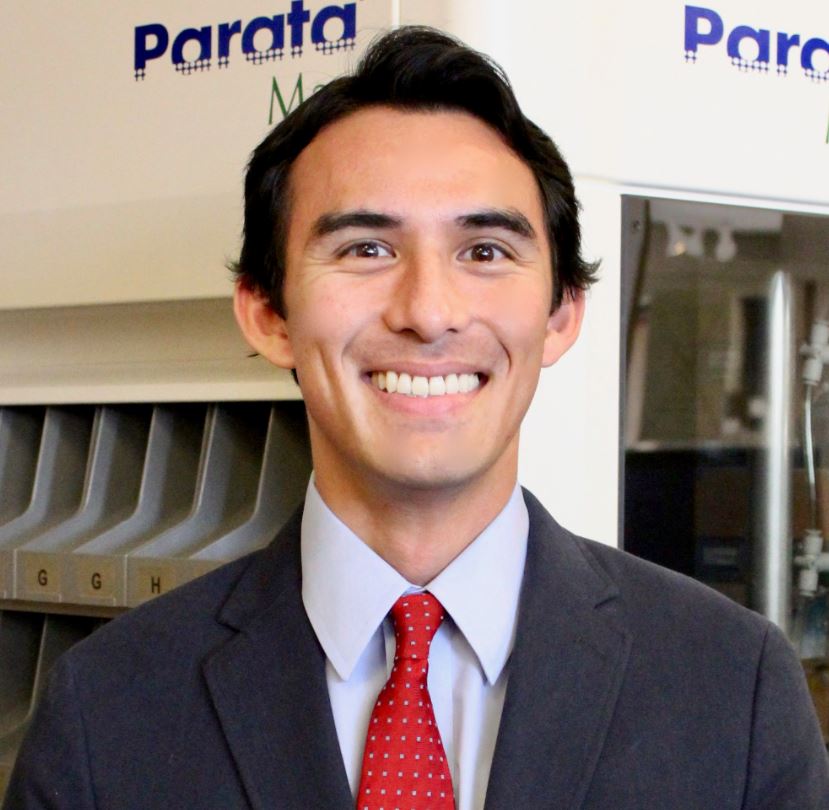CPF FUNDED GRANT DETAILS
Grant Title: Enhanced Medication Reconciliation to Improve Transitions of Care in a Senior Living Facility
Grants Awarded Number
197
Status
Grant Complete, 2020
Organization
University of Texas
Location
Austin, Texas
Grant Category
Pharmacy Management & Ownership
Keyword
Transitions of Care, Enhanced Med Rec
Grant Docs
Objectives
A recent JAMA viewpoint by Rose et al. highlighted the importance of creating an up-to-date medication list during medication reconciliation, primarily the fact that there has been a failure to perform medication reconciliation in practice in a way that results in positive outcomes. This presents an opportunity for community pharmacists to expand their business model, with a focus on medication reconciliation, by using transitional care management codes. This project will build upon a community pharmacys 35-year partnership with a senior living facility comprised of independent living, assisted living, skilled nursing services and a wellness center with a physician on-site. Enhanced medication reconciliation will be implemented for patients recently discharged from a hospital. Enhanced medication reconciliation is a high-touch technician-pharmacist intervention with a face-to-face pharmacist visit and 2 technician phone calls over a 21 day period. It consists of a comprehensive evaluation of a patients medication regimen to: 1 create the best possible medication list, 2 examine red flags for potential ADEs, and 3 provide medication-focused care coordination over a 30-day period, including collaborating with primary care physician PCP to optimize medication regimen based upon discrepancies and problems identified. We will also partner with the Texas Medical Foundation Health Quality Institute to access Medicare claims data and disseminate project findings. This project aims to: 1 Determine the impact of enhanced medication reconciliation on 30-day hospital readmissions, ED visits and potential ADEs, 2 Examine the feasibility of using transitional care management codes as a billing mechanism for this service, 3 Examine the implementation of enhanced medication reconciliation on workflow and process measures e.g., technician-pharmacist time, number and type of medication discrepancies and problems, and 4 Obtain stakeholder feedback patients, pharmacists, physicians, and administrators via interviews about the perceived value of enhanced medication reconciliation and its sustainability. By the end of the project, the expected outcome is an innovative and sustainable model that advances the pharmacists role in medication reconciliation in the community setting.
Click to read more
-

Applicant:
Leticia Moczygemba
PharmD, PhD
University of Texas
-

Team Member:
Rannon Ching
PharmD
Tarrytown Pharmacy
-

Team Member:
Tyler Gums
PharmD, MS
Pfizer



